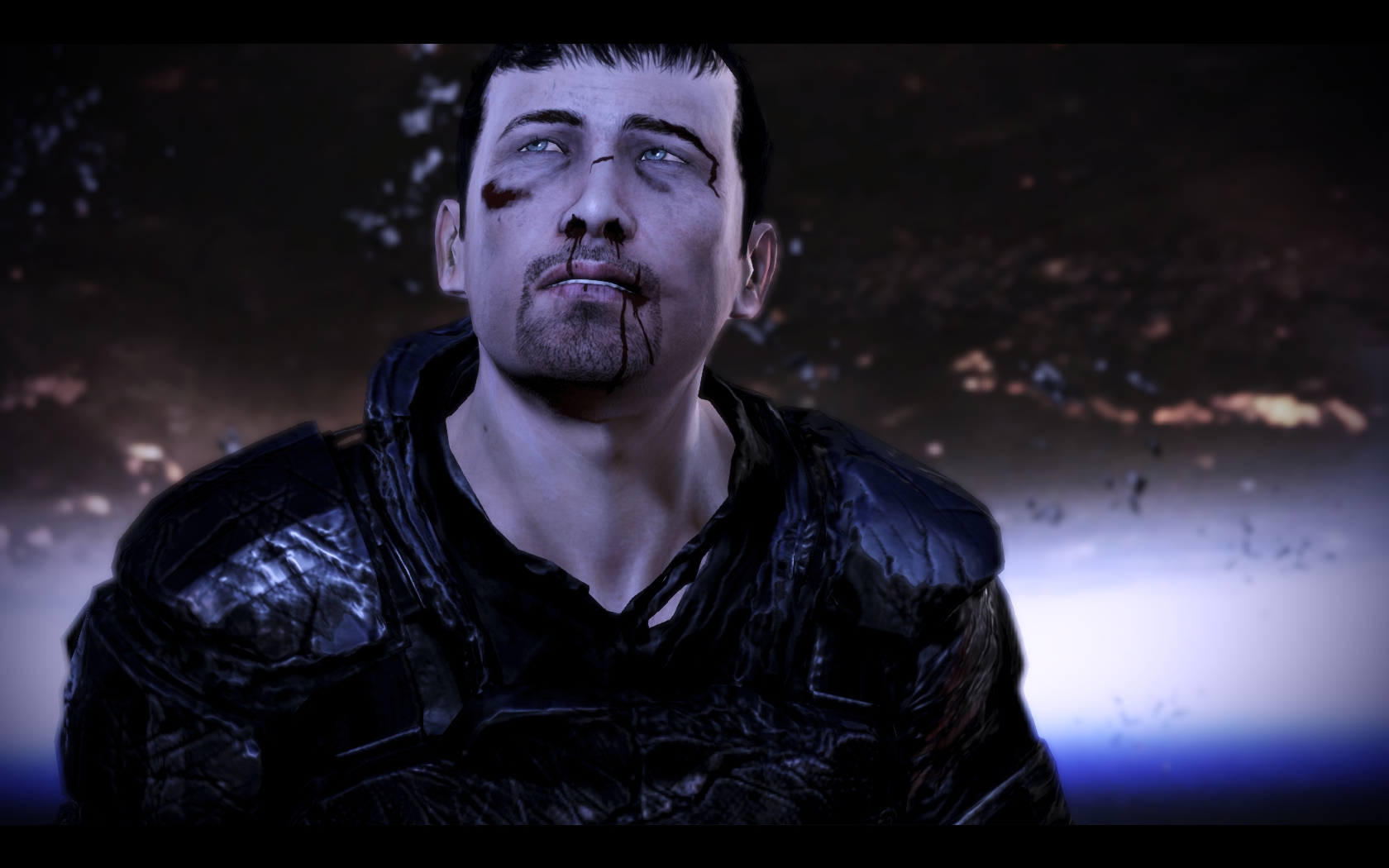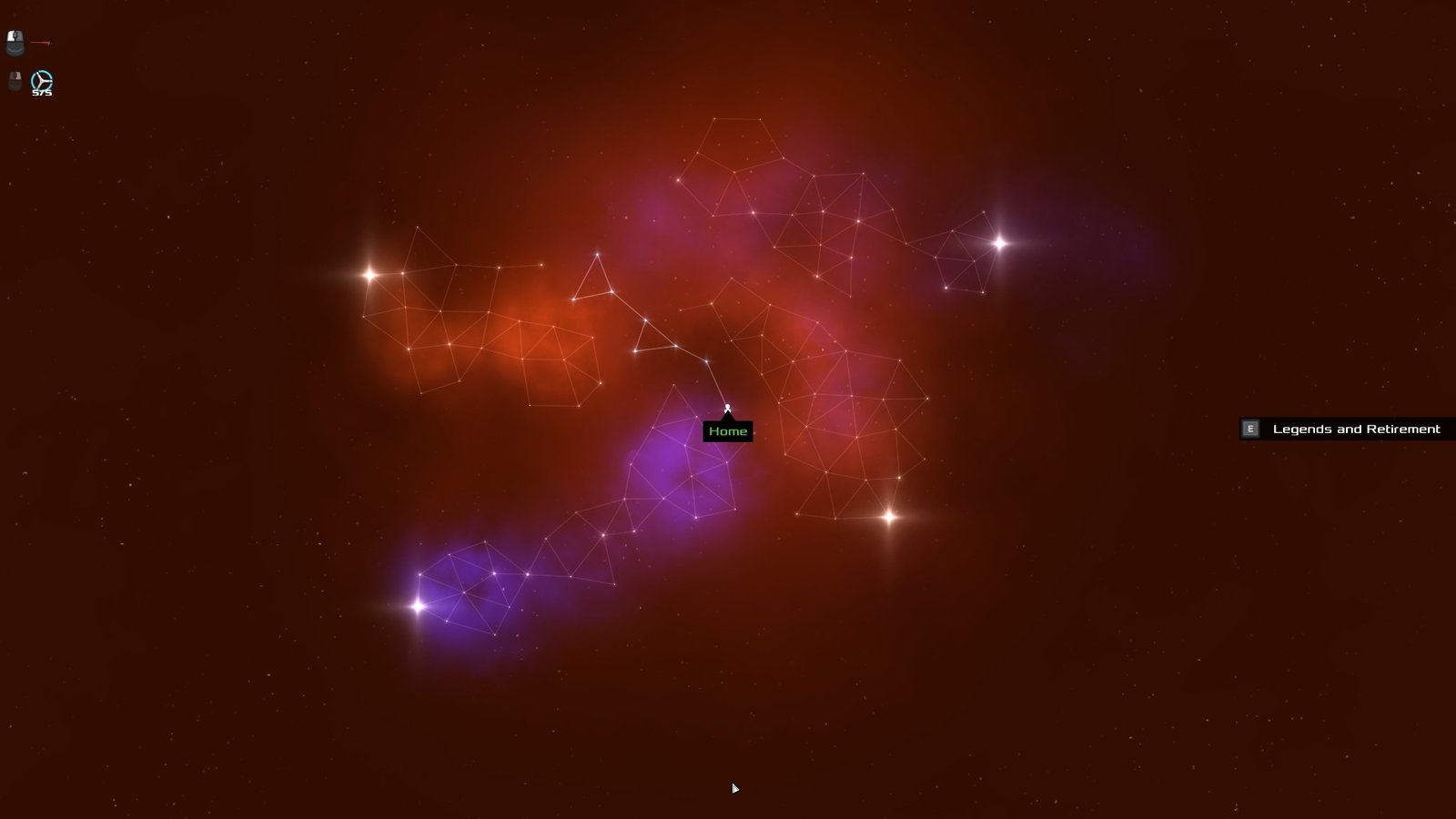On Sunday 19th September something very strange happened to the Good Old Games website. Was it marketing genius or commercial suicide?
A little background detail is probably called for, as you may not be familiar with GOG.com and their services. Launched in 2008 as an alternative, slightly underground alternative to the more mainstream digital distribution models of Steam, Direct2Drive and Impulse, Good Old Games focused specifically on previous-generation titles, often re-releasing games from several decades prior. They specialised in games that had long been unavailable for purchase or unplayable on modern Windows PCs. Tapping into an overlooked, niche market, GOG.com provided a legal, simple way to access games that for years had only been accessible through a dubious combination of piracy and technical know-how.
In much the same way that people still appreciate movies from the very earliest days of cinema, GOG recognised that early games are just as valid as modern titles and particularly important for historians interested in the development of the 21st century’s primary entertainment medium. By targeting a niche market they gathered to them an enthusiastic and loyal community that embraced their no-DRM policy and sensible prices. In many ways GOG is an excellent example of how to combat piracy: by offering a more convenient, legal alternative without making people jump through hoops.
On Sunday the news broke that GOG.com had closed. This was without warning. There was crying, there were laments sung. The GOG community, both casual customers and the loyal followers, were understandably dismayed. Hints on GOG’s Twitter feed hinted that the closure may have been related to their no-DRM position being untenable. Almost immediately bizarre rumours arose that the whole thing was a publicity stunt. This was initially dismissed by most observers but increasing evidence emerged that something fishy was going on. it has now emerged that it was indeed a stunt, designed to drum up some interest and excitement prior to a relaunch of the website on Thursday, accompanied by some big-name new releases.
[youtube=http://www.youtube.com/watch?v=BDRvuKjissQ]
A simple bait-and-switch when done in good faith can indeed cause lots of excitement. The movie industry often gives away tickets to one film before surprising the preview audiences with something else of far greater appeal. A bait-and-switch of this sort can only really work if the ‘bait’ is also something good, though – in other words, the bait needs to be a good, positive thing in itself, so that the switch is an upgrade. A bonus. Where GOG seem to have made a mis-step is that their bait was something truly awful – unexpected closure or bankruptcy – which has now soured the intended glee of the switch.
The motivation was due to a lack of marketing funds, according to GOG themselves. When faced with tiny budgets, small companies do indeed have to take unusual routes to get noticed and mark a mark. This is where the internet and social networking in particular have proven invaluable to start-ups, allowing for truly 21st century companies to operate on a more level playing field. The web gives such companies a chance to harness the power of customers and users directly. Customers are no longer simply a sales statistic, but a direct part of the marketing, spreading out in a viral network. It’s Word Of Mouth 2.0 (to coin a truly horrific phrase…sorry). When you can’t afford a marketing department and international campaigns, you instead appeal directly to the community to do some of the work for you.
The rise of Facebook and Twitter in particular over the last couple of years have changed the scene again, shifting it from the relatively underground and slow scenes of usenet and forums to the live, always-on, streaming nature of the mobile social web. With news outlets monitoring the social channels a story can rapidly escalate as people share it through their own personal networks. Information spreads virally, largely out of control. If it’s good news, it can lift an organisation or individual up high. If it’s bad news, it will crush them underfoot.
If GOG had hoped to raise awareness with the stunt they certainly succeeded. News of the closure spread like wildfire through the gaming community, spreading GOG far wider than ever before to people that had never used or even heard of the service. The message, though, was that GOG no longer existed. Combined with GOG.com being taken down, any visitor spike that may have occurred was completely neutered. Casual observers would have investigated briefly, then moved on and forgotten about it – after all, GOG was no more, as far as they knew.
On the other side you have the loyal followers. Initially distraught, the rumour of a hoax seemed inconceivable. Why would a company such as GOG, which had so successfully created and cultivated a fan community, suddenly trick them with such bad news? For some it will be too much, destroying two years of trust. Those that have evangelised the service will feel indirectly part of the deception. Worst of all are the customers that purchased shortly before GOG.com went dead, who were then unable to download their paid-for games. Accepting customers’ money and making it impossible to access the purchased items is never good business practice.
While their profile has been raised considerably, it’s therefore almost all associated with negativity. The big test will be whether they can turn it around with the launch tomorrow. One uphill battle will be in re-engaging with their fan community. Having deliberately broken their trust they will need to rebuild that loyalty.
[youtube=http://www.youtube.com/watch?v=ATNd4qbNTf8]
While GOG may have reached the mainstream gaming press more effectively than before, they may have done so at the expense of their core, grassroots fanbase. It is that fanbase that will continue to propel the company forward, not the mainstream press. Although the hoax stunt is a good story for the press, they will not maintain an interest in GOG’s products, for one simple reason: they’re old. That is, of course, the entire point, but the mainstream press require a blinkered, forward-looking, tunnel-vision view of the future. They are always hunting for the ‘next gen’.
Worse than simply losing the fan community is the chance that they may have turned it into an enemy of sorts, untrusting and bitter. What had once been free marketing could now turn into a nightmare scenario of a mobilised, vocal and angry mob of disgruntled ex-customers.
Communities are a powerful force but they can work both ways. There’s one key factor in creating, maintaining and growing them: honesty. At the end of the day, GOG is simply another company with corporate needs. It’s honesty and trust that makes them different in the eyes of consumers and turns them into something special. GOG has a lot of burning bridges to extinguish, let alone rebuild.
The aftermath of this bizarre marketing stunt can only really be measured in sales figures. Will the publicity bring in a whole new audience, making the alienation of the beta customers irrelevant? Or will a new, expanded market not emerge, leaving GOG without new customers and devoid of their old advocates?
Although I think the stunt has been a terrible idea from start to finish and a staggering betrayal of customer and community trust, I still dearly hope that GOG can recover and emerge from the debacle with something positive. After all, I do really, really like good, old games.




0 Comments
Kadayi · September 22, 2010 at 8:32 pm
I like GoG as a service also. But I’ll be honest and say that they’ll be lucky to see me open my wallet to them any time between now and Christmas, especially given their rather insincere apology.
Josh · September 23, 2010 at 8:45 am
I don’t think this marketing fail is actually going to screw the website, but it possibly should.
To make matters worse they have now uploaded a desperate selection of amateur videos explaining the situation. Some of these apologise for their random behaviour or, even worse, give you an utterly boring tour of some massively dreary new features on their site.
This kind of relaunch for what is really just a sales/catalogue website is utterly perplexing. I have no idea what they were thinking, they just need to get that new website up and running.
Anna · November 30, 2010 at 6:15 pm
Just goes to show it has worked for them in my case. Never ‘erd of ’em and now having gone looking for them after reading the above, I have bought Baldurs gate 🙂
Here’s to cold winter nights at my pc.